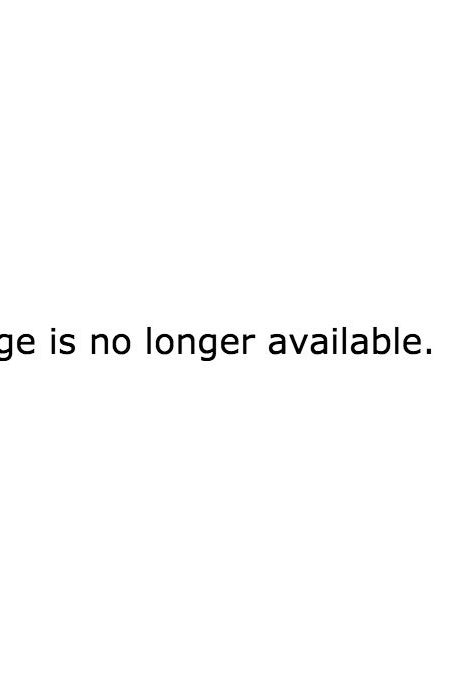1. It's no secret that Brits are quite fond of drugs. So what exactly are we taking?
Every year, the Home Office conducts an annual drugs survey as part of its crime survey - they ask about 36,000 people about their drug-taking habits.
From this, they estimate that almost 12m people aged between 16 and 59 have tried at least one illegal drug at least once, while a little over 8% took at least one drug last year. That's about 37% of the population who are technically criminals - mostly for toking on a spliff.
2. Which drugs you use depends a lot on your age.
Cannabis use peaks among teenagers - possibly because at that age, it's easier to get hold of than booze. Ecstasy is more popular among those in their early 20s. Cocaine use is most common in their late 20s and their early 30s, presumably because it takes that long to earn enough to justify paying a day's salary to act like a bit of a twat.
3. Age also determines where you take them.

4. How much you earn also makes a difference.
Cocaine and ecstasy are a bit like gambling: most popular among the rich and the poor, but shunned by those in the middle.
The more money you have, the less likely you are to try cannabis. Or alternatively, the more cannabis you use, the less money you end up earning. Whichever you prefer.
5. And so does race.
White people are typically far more likely to use drugs than black and Asian people. Mixed-race people are the most likely to use drugs, but this is probably because the average mixed-race person in Britain is roughly 19 years old and younger people take more drugs.
6. Yet surprisingly, drug use appears to be on the decline.
The main decline is in the use of cannabis, but fewer people are taking class A drugs too. Cocaine use has fallen by a third since 2008.
7. And the decline is steepest among the young.
Young people traditionally use far more drugs than the old, but the gap is narrowing fast. Among those age 35 or older, drug use has actually increased in the past few years - albeit from a low base - even as it has declined sharply those under 24.
8. Fewer people are dying as a result.
Deaths attributed to the misuse of heroin or cocaine have both tumbled in recent years, as have deaths attributed to MDMA.
Among young people at least, there seems to be less serious addiction too. The number of people aged 18 to 24 entering treatment fell by roughly a third between 2008 and 2013.
9. So is the disastrous drugs war of the past 30 years coming to an end? Sadly, not quite.
Convictions and cautions of people for breaking drugs laws are still much higher than they were ten years ago. Some of those are for selling or distributing drugs, but most aren't - plenty are otherwise ordinary people caught with a little cannabis.
10. More people are being stopped and searched too.
A little over half of searches are now on suspicion of possessing drugs, yet only 8% of these searches result in an arrest - down from 12% ten years ago.
The policy also seems to disproportionately affect black people, because though white people are actually more likely to use drugs, black people are far more likely to be stopped and searched.
11. Possibly this would be justified if it reduced drug use, but...
There is not much reason to think that the decline has anything to do with policing. Sure, drugs use has declined, but alcohol consumption has actually declined by even more, especially among the young. For the same reasons that they're not burgling one another or stealing cars, people just don't seem to want to get off their faces any more - on any sort of chemical.
The government's own advisors, the Advisory Council on the Misuse of Drugs, reckon that people caught with small quantities of illegal drugs shouldn't be punished. So too does the UK Drug Policy Commission, which conducted a study involving police officers, academic, scientists and drug users to try to establish whether enforcement much reduces drug use. They concluded, no, it probably doesn't.
12. Meanwhile, prohibition pushes some people to try legal highs like these - which genuinely are dangerous.

13. Actually, the case for legalising some drugs is probably stronger than ever.


This is in Colorado, where cannabis is now legal for people over the age of 21 to buy, providing that they smoke it at home. A study conducted last year by the University of Essex put the potential savings of introducing a similar system in Britain at £360m, even after accounting for an increase in use of 15% as a result.
There is much less of a case for legalising cocaine or heroin - which are far more harmful. But in other countries such as Switzerland, the Netherlands and Canada, long-term heroin addicts are prescribed heroin to inject under supervised conditions: a policy which has all but destroyed the illegal market in many places.
Meanwhile, most of the scientific evidence shows that some recreational drugs such as ecstasy are still far less harmful than alcohol, which Brits still consume vast quantities of.
Sadly, our politicians would prefer that a third of the population remain criminals.

Unlike Clegg, Cameron has been fairly quiet about it recently.
In 2012, David Cameron rejected a call by the Home Affairs committee for an inquiry into British drug policy out of hand, arguing that drugs policy in Britain is working. Logical huh?
